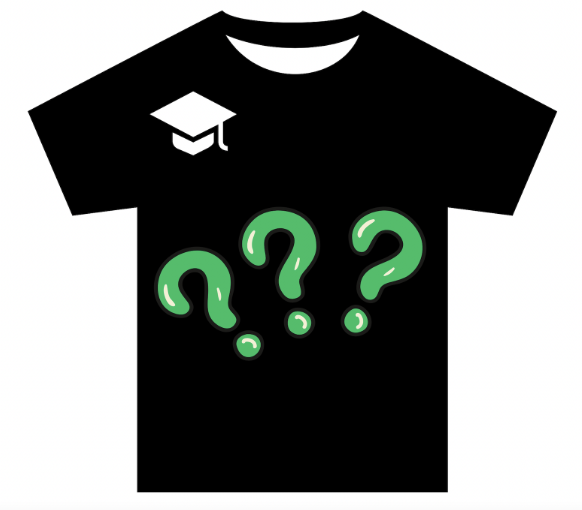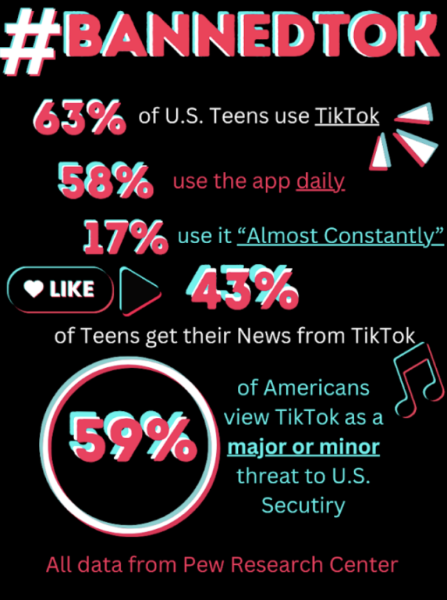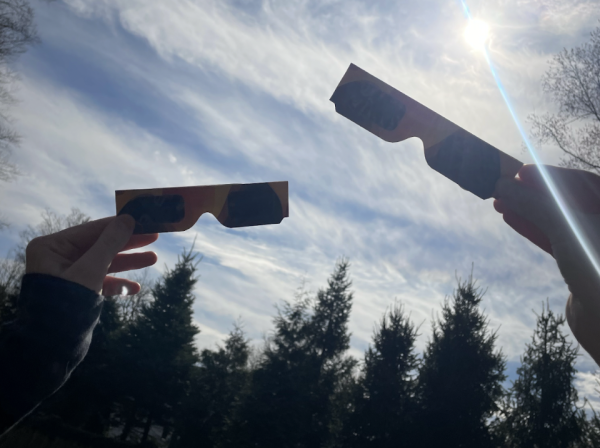Westport 2025 prepares students for the real world
The poster of the Westport 2025 Initiative Student Lens can be seen in almost every classroom at Staples. The intricate drawing of the brain contains four lobes titled “Creative Thinking,” “Critical Thinking,” “Communication” and “Global Thinking.” These methods of thinking represent the goals of the initiative that was brought to life almost five years ago.
Westport 2025 was established about five years ago after a great deal of research, professional development and collaboration with the Teachers College at Columbia University. When the initiative was established, they hoped that the current Kindergarten class, which will graduate in 2025, would have all these necessary skills to thrive in the real world.
Now, five years later, students and teachers reflect on the changes that have been implemented in accordance with the initiative.
Social studies teacher Sara Pinchback noted that the initiative encourages students to learn about relevant issues, “not just memorizing stuff to memorize stuff to pass a test.”
Although the initiative has helped students learn skills that are applicable to the real world, there are still some subjects in which the core skills of the initiative could be enhanced.
“In some ways teachers try to apply these values in a sort of unnatural way,” Jenna Patterson ’16 said. “I find that in English and social studies courses there is more natural discussion of global thinking.”
Maya Namasivayam ’18 agreed with this sentiment, noting that, “In English and Global Themes, I’ve noticed it more because I feel like the students lens is shaped more towards those subjects.”
Patterson also noticed that sometimes the goals of the initiative can be overshadowed by A.P. classes and other standardized methods of teaching.
“I think overall, in our high strung academic environment and with rushed curriculums in certain classes (like A.P.s) teachers are just trying to get through the material more than they are trying to teach us critical and global thinking skills,” Patterson said.
Despite the fact that there is still work to be done, teachers and the administrators believe they have made great progress in encouraging students to think deeply in their academic subjects.
“I think it would be hard to find a student at Staples who hasn’t heard their teacher talking about the thinking skills named above or seen the language of the Lens on a rubric,” James D’Amico, Director of Secondary Education said.
Pinchback also noted that through the initiative, students now “do stuff that matters.”
As the initiative continues to influence the teaching methods of teachers at Staples, students are learning to become critical, creative, communicative and global thinkers.
“Moving forward, students will see clearer expectations for growth in their classes, the creation of more interdisciplinary programs of study and becoming stronger citizens of Staples, Westport, our country and the world,” D’Amico said.
Jen Gouchoe ’16 is no stranger to the arts. In her Sophomore year she joined Inklings as a staff writer, and has been an active participant since; while...




















































